The brevity of a transcendent ecopoetics, a fierce diagnosis of the contemporary art world, the psychological torture of a toxic relationship, a gathering of formidable Afro-Brazilian voices. . . This month, we are delighted to introduce fifteen new works from around the world, from the intimate to the twisted, the reverent to the radical, of healing and breaking, of what goes on within us and between us.
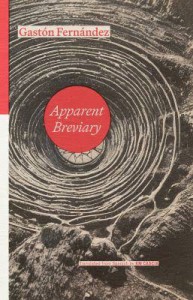
Apparent Breviary by Gastón Fernández, translated from the Spanish by KM Cascia, World Poetry Books, 2025
Review by Xiao Yue Shan
Rhythm in poetry, Yeats told us, serves to “prolong the moment of contemplation—the moment when we are both asleep and awake” by balancing a monotonous formula of language with the surprise of new images, ideas. In his metered perfection, he reminded us that we are innately rhythmic creatures, alive by the steady pace of breath and heartbeat, habit-forming and fond of repetition, and every interruption to this enduring pattern is a miniature shock, a fracture, a revival.
The hundred poems in Gastón Fernández’s Apparent Breviary are full of interruptions: huge, gasping chasms of silence throwing poetic rhythm into some archaic past. A few pages in, I understood why their translator, KM Cascia, had admitted that the poems made them “squirm.” They unsettled me too. With no guiding cadence to the words, no comfort of the steady pulse, with language disorientating in its skeleton arrangement, there is a sense of learning how to read again, examining each word set firmly on its own—rare stars in the page’s matte sky. Max Picard had once brought up the idea that language is too self-conscious: “each word comes more from the preceding word than from the silence and moves on more to the next word in front than to the silence.” In Fernández, this isn’t so; here, language is conscious of its origin and reverent of its silent surroundings, and as soon as one acknowledges this fact, the vacancy of the negative spaces on the page begin to seem inviting. Instead of being read as simply text, there is something of Apparent Breviary that demands to be interpreted as score, in which the nothingness is full of measures, divisions, momentum. The poet demands we notice that the emptiness is alive: it breathes. READ MORE…

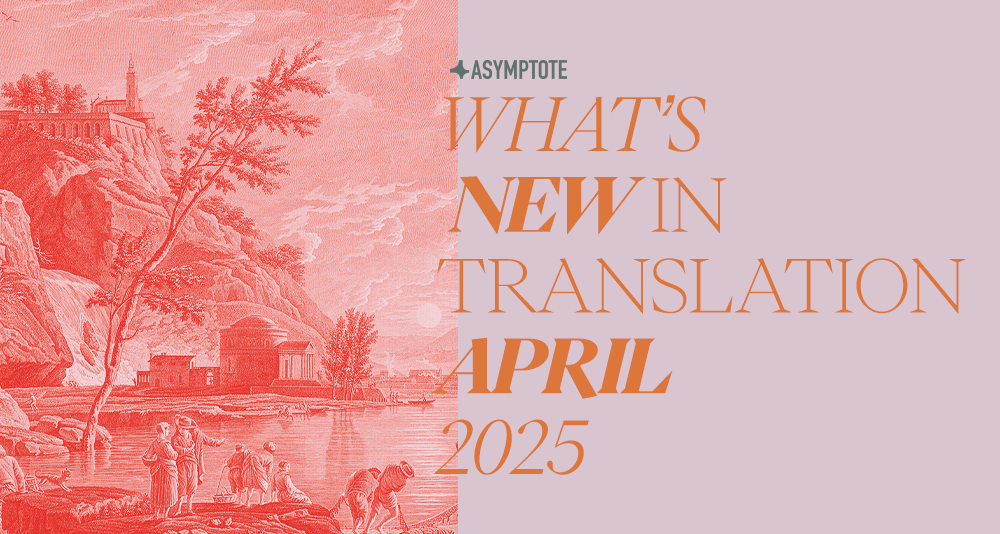






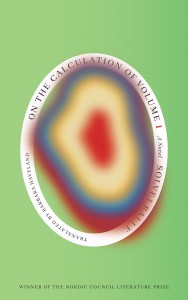
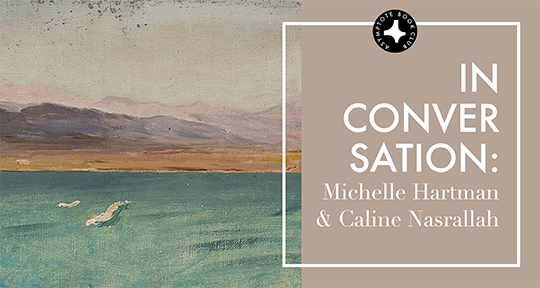
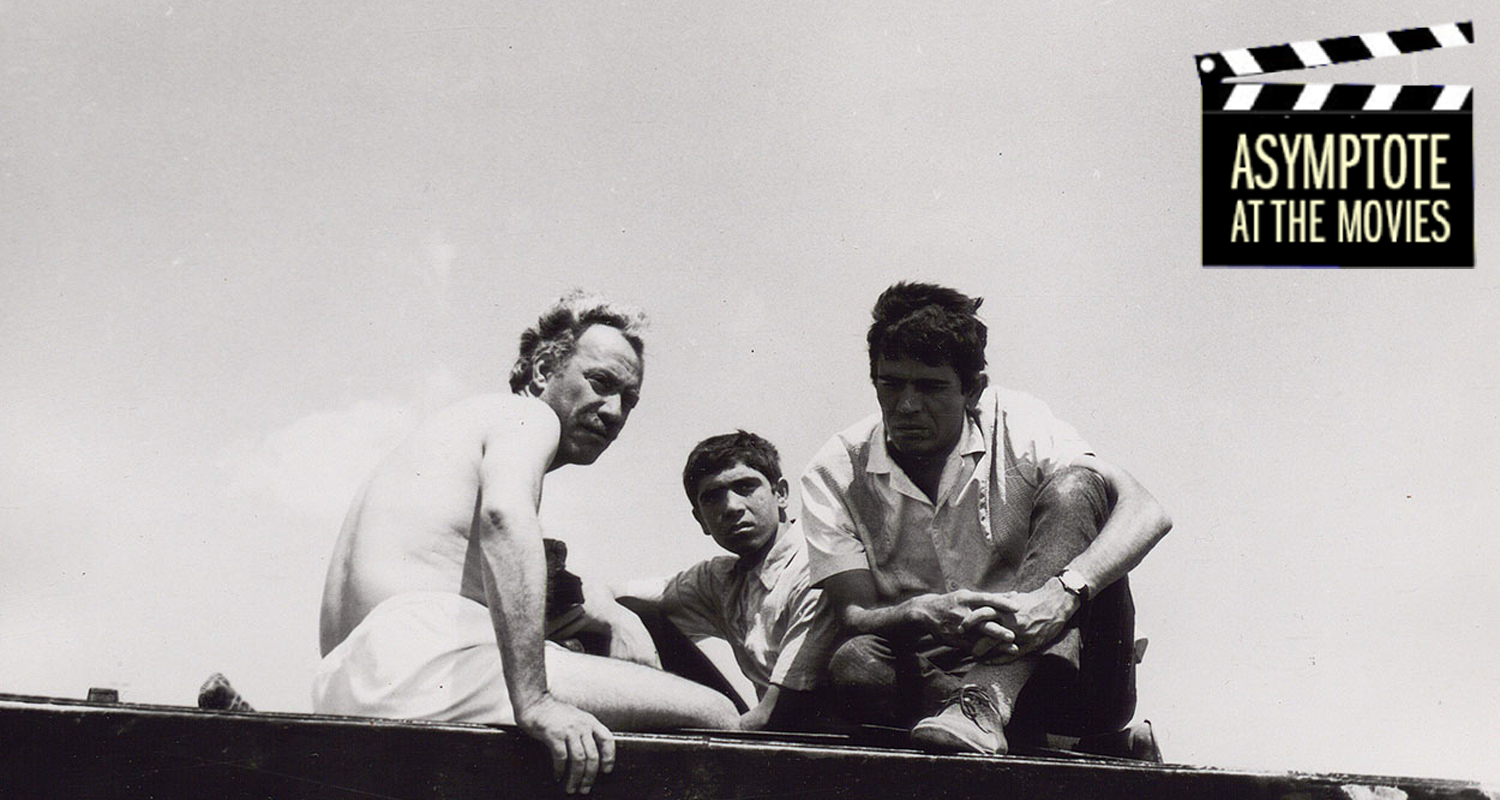



Announcing Our September Book Club Selection: A Long Walk From Gaza by Asmaa Alatawna
Alatawan’s novel is both personal and political; at its heart, it’s a story about freedom.
In Asmaa Alatawna’s mesmerizing and clear-sighted debut novel, A Long Walk from Gaza, the long journey of migration is revealed as a dense mosaic of innumerable moments—a gathering of the many steps one takes in growing up, in fighting back, and in learning the truths about one’s own life. From the Israeli occupation to the daily violences of womanhood, Alatawna’s story links our contemporary conflicts to the perpetual challenges of human society, tracking a mind as it steels itself against judgment and oppression, walking itself towards selfhood’s independent definitions. We are proud to present this title as our Book Club selection for the month of September; as Palestine remains under assault, A Long Walk from Gaza stands as a powerful narrative that resists the dehumanizing rhetoric of war.
The Asymptote Book Club aspires to bring the best in translated fiction every month to readers around the world. You can sign up to receive next month’s selection on our website for as little as USD20 per book; once you’re a member, join our Facebook group for exclusive book club discussions and receive invitations to our members-only Zoom interviews with the author or the translator of each title.
A Long Walk From Gaza by Asmaa Alatawna, translated from the Arabic by Caline Nasrallah and Michelle Hartman, Interlink Publishing, 2024
There are some books that grab you from the very first line and hold your attention tight, right through every single word to the end; even once you’ve finished reading them, they keep delivering with their exquisite phrasings and stunning imagery, their deft, original storytelling. Asmaa Alatawna’s A Long Walk from Gaza, co-translated by Caline Nasrallah and Michelle Hartman, is one such novel. Through her enthralling and thoughtful prose, Alatawna unfolds idea after idea, fact after fact, emotion after emotion, recounting a tumultuous upbringing and journey that moves with both personal and universal resonance.
A Long Walk from Gaza is Alatawna’s debut in both Arabic and English—a semi-fictionalized, coming-of-age novel. Originally published in 2019 as Sura Mafquda, it explores the struggles of a teenage Gazan girl as she rebels against her surroundings, both at home and at school, and her heartbreak as she leaves Gaza for a new life in Europe. Her escape doesn’t resolve her problems but instead introduces new challenges, revealing the persistent, ongoing internal conflict of exile. While portraying life and a childhood under Israeli occupation and oppression, Alatawna also takes an incisive, knowing look at the patriarchal system of her own people. READ MORE…
Contributor:- Ibrahim Fawzy
; Language: - Arabic
; Place: - Palestine
; Writer: - Asmaa Alatawna
; Tags: - autobiographical novel
, - exile
, - feminism
, - Interlink Publishing
, - liberation
, - migration
, - occupation
, - Palestinian literature
, - social commentary
, - War
, - Women Writers